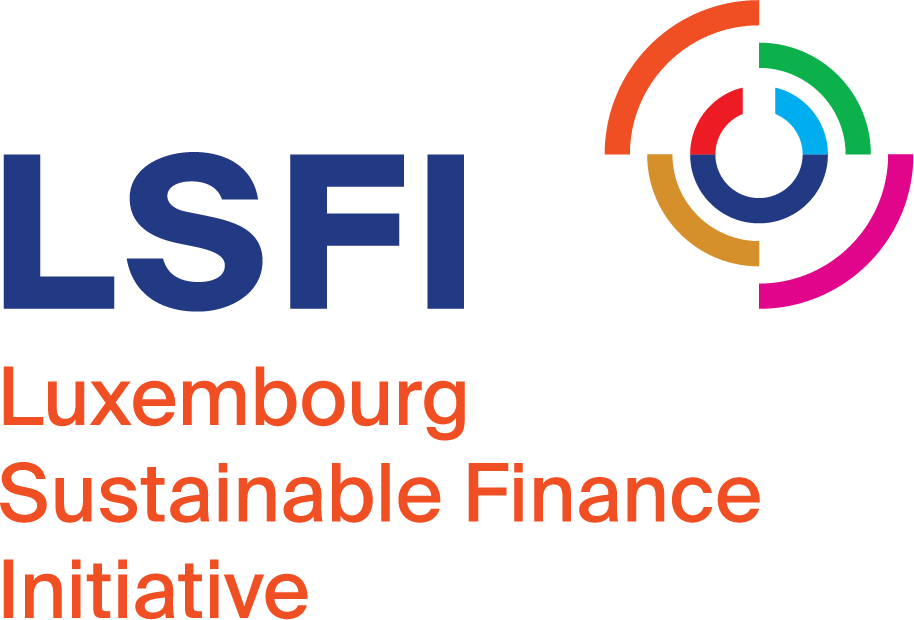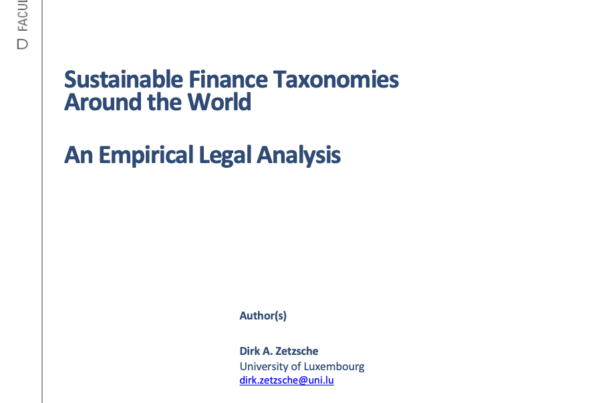The UN has published the report “Integrity matters: Net Zero commitments by businesses, financial institutions, cities and regions”.
The Paris Agreement calls for a balance between sinks and sources of emissions in order to achieve what has become known as global net zero. Put more simply, net zero refers to a state by which the greenhouse gases going into the atmosphere are reduced as close to zero as possible and any residual emissions are balanced by permanent removals from the atmosphere by 2050. While governments must take the lead in reducing emissions, action by non‐state actors is critical to achieving global net zero.
In the years since this call, many corporations, cities, states and regions have made voluntary commitments to reach net zero. This is commendable, but in theabsence of regulation, too many of these pledges are not aligned with the science, do not contain enough detail to be credible, and use the terms “ net zero”or “ net zero aligned” (as well as many other similar terms) inconsistently. Deceptive or misleading net zero claims by non‐state actors not only erode confidence in net zero pledges overall, they undermine sovereign state commitments and understate the work required to achieve global net zero.





